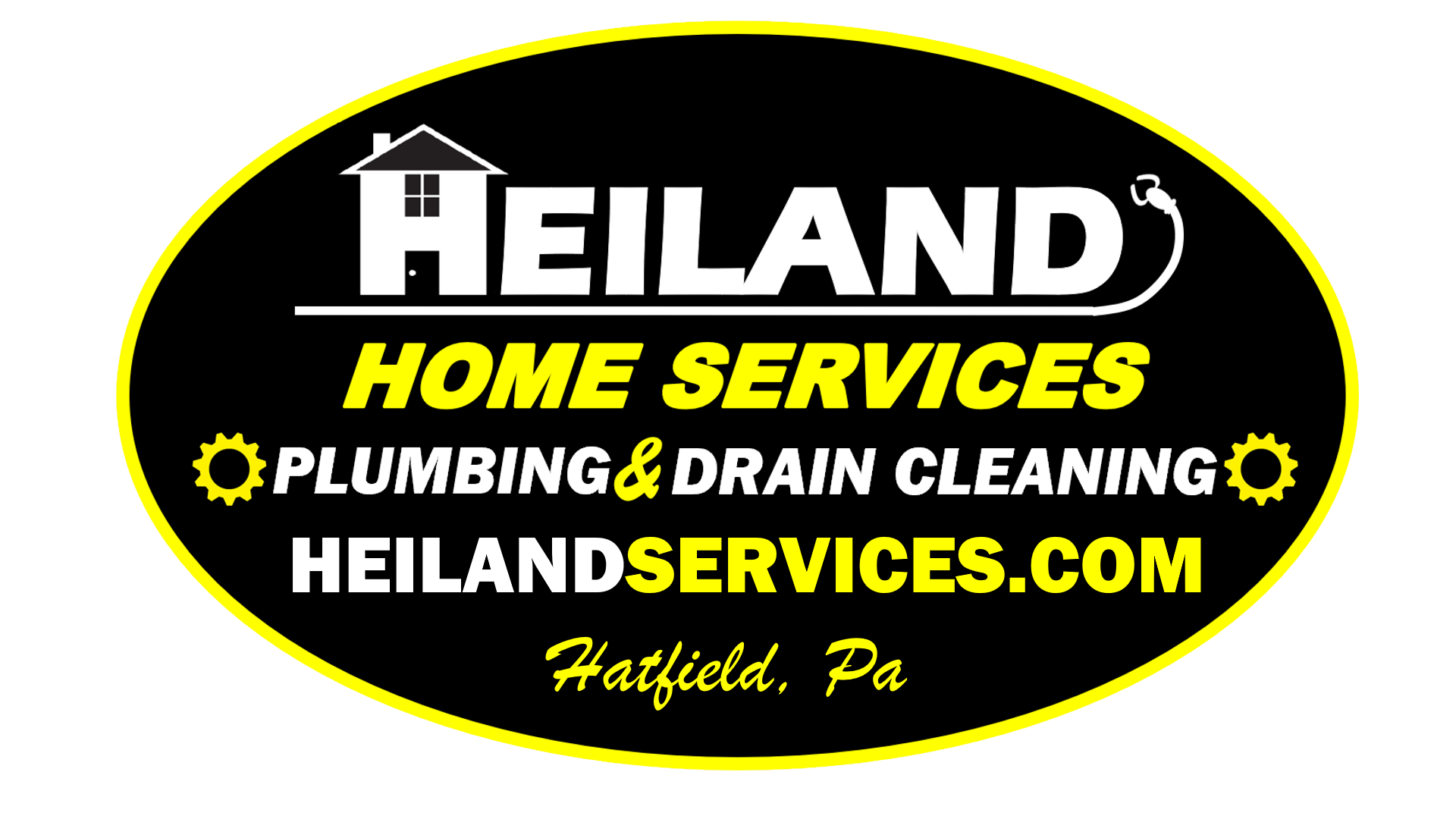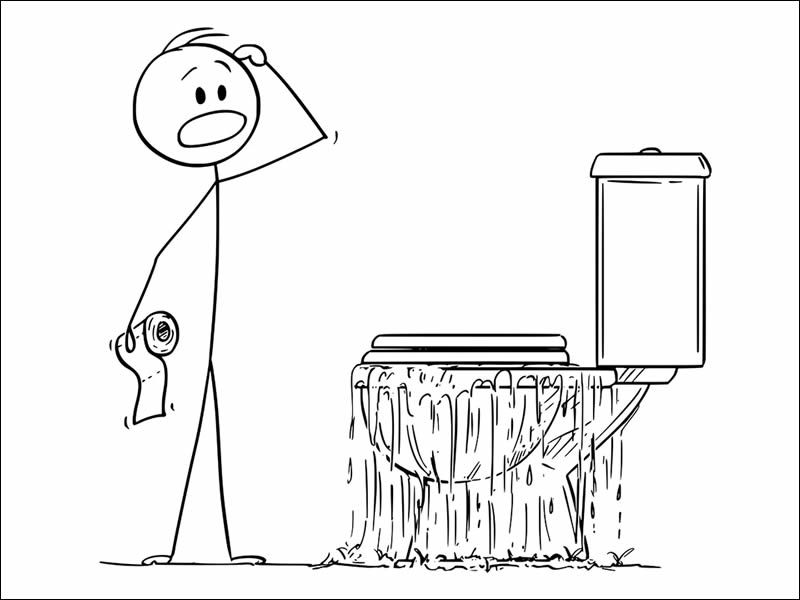We’ve all heard the horror stories of someone whose kid crammed a teddy bear, toothbrush, or action figure down the commode, and while this is OBVIOUSLY a bad (and expensive) mistake… could you be making equally poor decisions with what you flush?
Whether your residence has an onsite wastewater treatment system or you utilize public sewer you’ll want to make sure you are only flushing that which should be flushed; for the health of your plumbing system, the effectiveness of any private septic, and for the environment. What shouldn’t you flush? Let’s break it down into a few categories; the obvious, the logical, and the surprising…
The Obvious
It doesn’t take a rocket scientist to figure out that your toilet is designed for human waste and not household waste, which is why it is important to train small children not to put anything besides that which you’re training them to deposit in the toilet… in the toilet. They don’t know any better! As an adult, you should know better, but plumbing emergencies happen every day because homeowners make poor decisions like these that end up costing big bucks to correct. Food scraps, diapers, Q-tips, Swiffers, cotton balls, and cooking grease (which should NEVER enter any homes plumbing system) can cause major clogs and backups. You have a trashcan in your bathroom… use it! (If you don’t, now is the time to get one.) You’ll feel mighty silly as you open up your wallet when the plumber pulls these no-brain objects from your clogged pipes!
The Logical
Not all flush decisions are obvious, after all you probably aren’t a plumber by trade, or you wouldn’t be reading this article! You’d never try to force a diaper down the toilet, but you might make an error with a few of these clog causing culprits. Apply some logic and you’ll see why the best choice is to just pitch these in the waste bin.
Hair / Floss
On first glance floss seems small and insignificant, and hair is organic so no big deal, right? Wrong. Both hair and floss form giant balls in your pipes, which holds the potential for trapping unwanted odors, or worse, creating a massive blockage in your system. On top of this significant issue, both take forever to break down, and also float on the surface, neither of which you want to happen.
Chewing Gum
Gum is sticky. (Duh.) Things that adhere to the inside of your pipes restrict water flow and trap items that should be flowing past. Don’t make this seemingly small mistake, toss it in the trash can.
Feminine Hygiene Products
This one might be surprising, and yes, ladies, it would be convenient if they could just be flushed, but trust us, you don’t want to do that. Why? Several reasons. Most importantly, the majority of these products are specifically designed to absorb water and not to break down in it, and expanding products that don’t break down are the worst enemy of your plumbing system! Secondly, their large size and frequency of use can rapidly obstruct your pipes. Take an extra second to wrap your tampons, pads, or applicators, carry a small sanitary bag, and discreetly dispose of them in a trash can.
The Surprising
“Flushable Wipes”
Sure, some companies claim their cosmetic or baby wipes are “flushable,” but they won’t be the ones paying the plumber’s bill when your plunger won’t do the trick… you will! Believe it or not, wet wipes are said to be responsible for causing HALF of the blockages that lead to buildups of fat. (Known to plumbers as “fatbergs.”) Cosmetic wipes don’t dissolve in water, and “flushable wipes” often don’t break down as quickly and efficiently as toilet paper is designed to. Don’t believe us? Check out this study on the Washington Post!
Kitty Litter
Human waste goes in the toilet… so pet waste? It seems like a logical choice, but it’s not. Pet waste from the litter box becomes dehydrated from the litter, and your toilet is designed to flush water soluble waste. The litter itself may be marketed as “flushable,” but many toilets don’t utilize enough water to properly push the litter along through your homes pipes which leaves it sitting, and creating clogs, somewhere in your house! If you needed one more reason, some studies show that cat waste may contain parasites dangerous to humans with compromised immune systems, so support public health by keeping it out of the water system.
Paper Products (Other than toilet paper)
Toilet paper is a paper product, and so are paper towels, napkins, and tissues… so it’s all the same right? Think again! Toilet paper is specifically engineered with strict standards to disintegrate rapidly and keep your septic system running smoothly. Other paper product may look and feel similar to you, but they simply won’t perform as needed when you pull the lever. If you find yourself in an emergency situation (or unforeseen national toilet paper shortage) and absolutely must wipe with another paper product, put it in a bag and dispose of it.
When it comes down to it, “if it’s not TP, #1, or #2… it shouldn’t go in the loo.” Human waste and toilet paper are all that should ever enter your toilet.
Whether you’ve made some errors that have you in a bind, or are experiencing any other plumbing issues, know that you can always call Heiland Home Services, “Bringing QUALITY back to the trades!”


